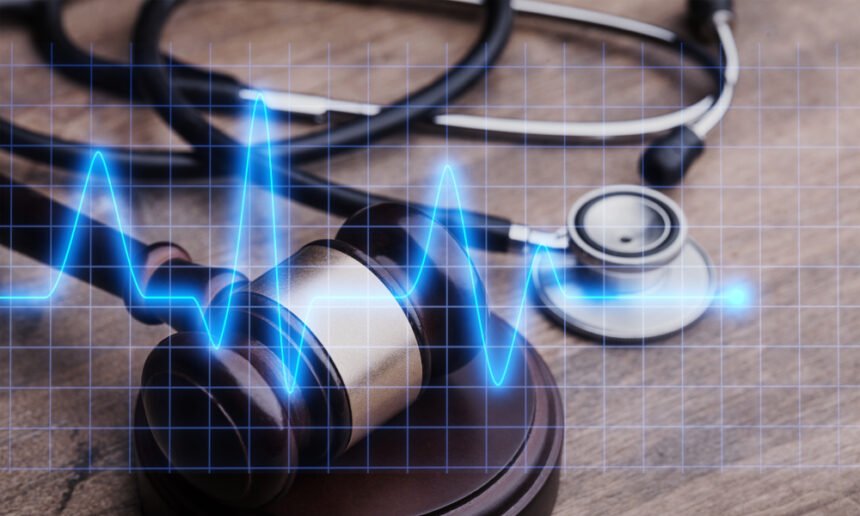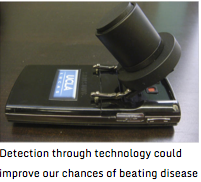In the U.S, only 12 million people are affected by medical diagnostic errors yearly.
A projected 40 000 to 80,000 people die each year from complications from these misdiagnoses.
Minorities and women are 20 to 30% more likely to be misdiagnosed.
If you’re having trouble getting a reply to your symptoms or are finding that your current treatment isn’t working the way it should, you may wonder whether your diagnosis is being delayed or if it’s possible you have been misdiagnosed. Delayed or missed diagnoses may be more common than you might realize.
Delayed Diagnosis:
People sometimes assume that a delayed diagnosis and a misdiagnosis are the same. But that’s not the case. While a misdiagnosis is a situation where a doctor makes an inaccurate diagnosis, a delayed diagnosis happens when a patient’s health ailment or condition is not diagnosed within a fair amount of time. As such, their condition is likely to worsen. Oftentimes, a delayed diagnosis can occur in the following situations:
- When a patient’s tests results are incorrectly collected or lost
- When a patient reports certain symptoms, but a medical professional dismisses them
- A doctor notices something is wrong but does not order father examinations
- When a doctor fails to refer the patient to a specialist, even when it’s evident that they should
Simply put, when a diagnosis is delayed, the patient is often left to deal with the consequences. In fact, some delayed diagnosis won’t cause much harm, but others can lead to impairments or lifelong conditions. If, for instance, a brain condition is left undiagnosed because a medical professional neglected to request necessary procedures, a patient would have to endure surgery instead of managing their condition in an easier, more bearable way.
Missed Diagnosis:
Misdiagnosis and missed diagnosis sound like the same thing, and that’s because both share some critical similarities. Both can make a patient suffer needless pain and lay the foundation for medical malpractice. It describes the lack of diagnosis, mostly leading to no or erroneous treatment. For instance, a patient is told the small lump breast is benign, only to find out later that it is, in fact, malignant.
One of the most common examples of missed diagnosis is when women are sent to a gastroenterologist for stomach symptoms when their real trouble is ovarian cancer, which necessitates a gynecologist.
The actual percentage of missed diagnoses and missed diagnoses vs accurate, correct diagnoses are difficult to determine, although experts place this rate somewhere around 5 percent for outpatients. Both are rarely reported because there is no real mechanism for reporting them.
When someone dies, the family may require an autopsy, but autopsies can be quite pricey, and unless the information can be properly used, they won’t be recommended by the professionals.
Even with little knowledge about the actual statistics, a rate of 5 percent is outstanding and frightening. Put it this way: if your last 10 visits resulted in a diagnosis, no matter what diagnosis, there’s a big chance that one of them was wrong.
A missed diagnosis can have detrimental consequences for a patient. Misdiagnosis or missed diagnosis alone, however, may not be enough to effectively proceed with a compensation claim. In case you’re experiencing symptoms, even though you’re receiving medical treatment for your problem, your diagnosis is not correct; you owe it to yourself to discover alternatives for figuring out what might be your actual diagnosis.
Evidence You Must Present
If you’re trying to prove that a medical professional misdiagnosed you, you must show the courts that a doctor who specializes in the same or similar discipline would not have misdiagnosed your illness or injury. For example, if you’ve received a cancer diagnosis only to learn that you didn’t have cancer after enduring expensive medical bills and emotional distress, you likely have a steady enough case for the court.
When that happens, make sure you present genuine evidence to the judge that another cancer specialist or oncologist would have properly diagnosed you. Or, if the medical professional properly diagnosed you but failed to undergo the right screenings to procedures to provide you with the right treatment, you can file a misdiagnosis lawsuit.
Keep in mind that cases of missed diagnosis or delayed diagnosis can also occur if there is a faulty lab test or result. Errors in test results sometimes happen because of broken equipment or human error. Sometimes, a specialist will administer the test incorrectly, or another will misread a lab result. The medical specialist who made the wrong diagnosis can be accountable for your misdiagnosis. The medical facility would be liable for your missed diagnosis if an employee of the hospital made a mistake concerning your diagnosis.
When you’ve been permanently harmed, the smartest thing you can do is to take legal action to obtain the payment you need to get your life back to normal. But in order to prove you suffered as a result of a delayed or missed diagnosis, there are four things you should prove:
- Your Doctor-Patient Relationship
The simplest aspect to prove when experiencing a delayed diagnosis claim is the doctor-patient relationship. If you agree to be seen by a medical professional and they provide you with medical care, then a doctor-patient relationship is formed. And you can prove it through your medical records.
- Negligence Caused Harm
Another element involves proving the delayed diagnosis caused you irreversible damage. If, for instance, you did not receive your diagnosis when you should and the ailment spreads where the treatments can’t be as effective, your doctor may have breached the standard of care.
- Failure to Abide by the Standard of Care
This standard refers to how your medical technician is supposed to care for you as a patient. If you’re undergoing a claim investigation and discover that most medical professionals would have acted differently in your case, your doctor may have breached the standard of care.
- The injuries Led to Specific Damages.
If your patient-doctor relationship is real, and they failed to comply with regular norms of care, and their negligence harmed you, your attorney will connect your injuries to the damages you experienced. These damages are generally emotional or financial.







